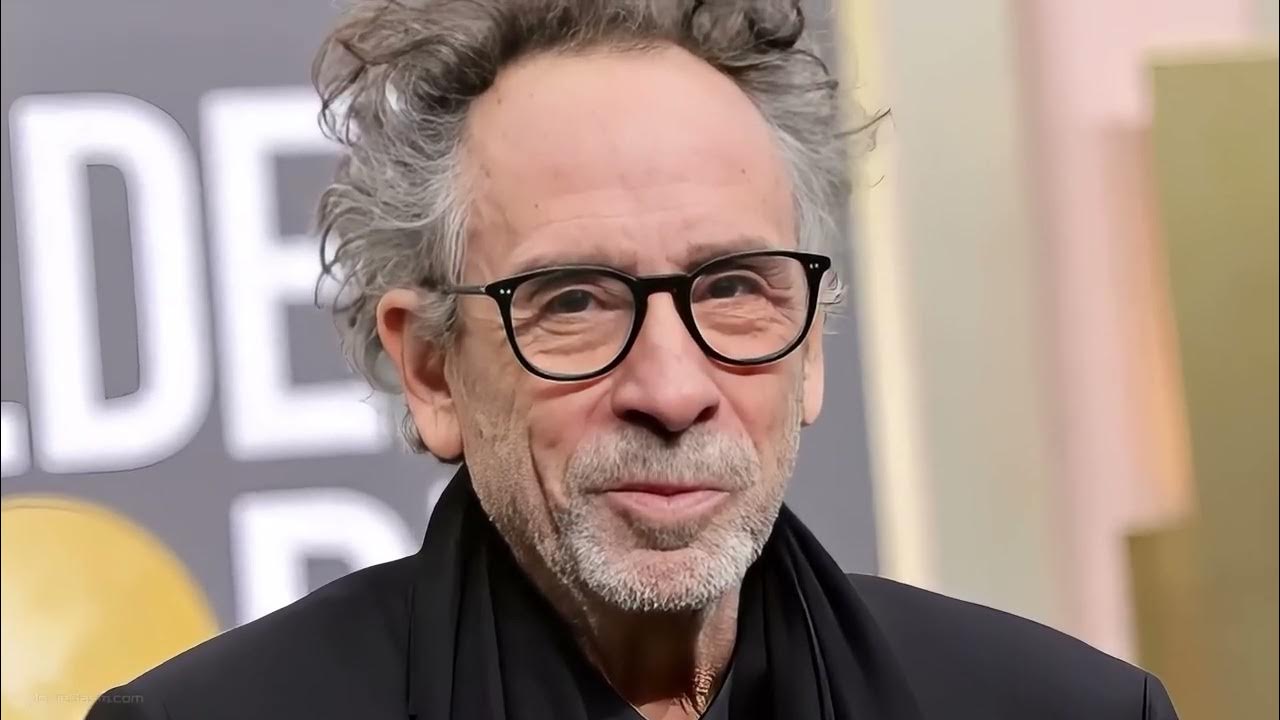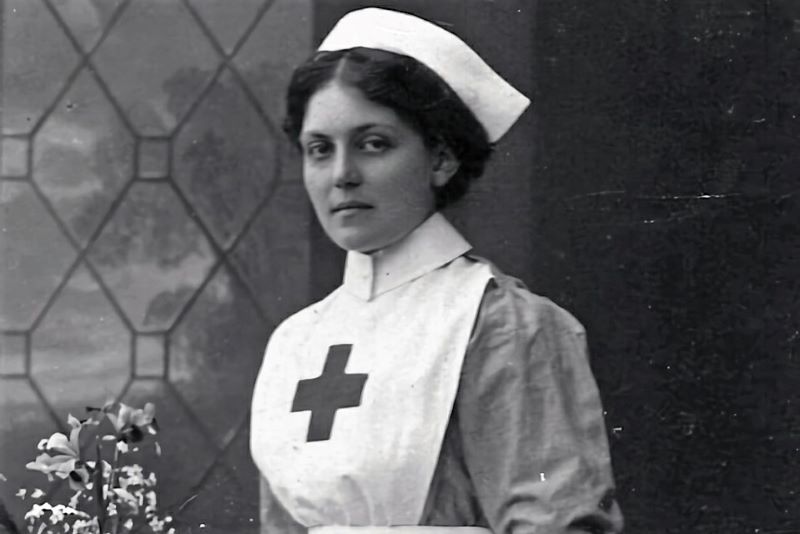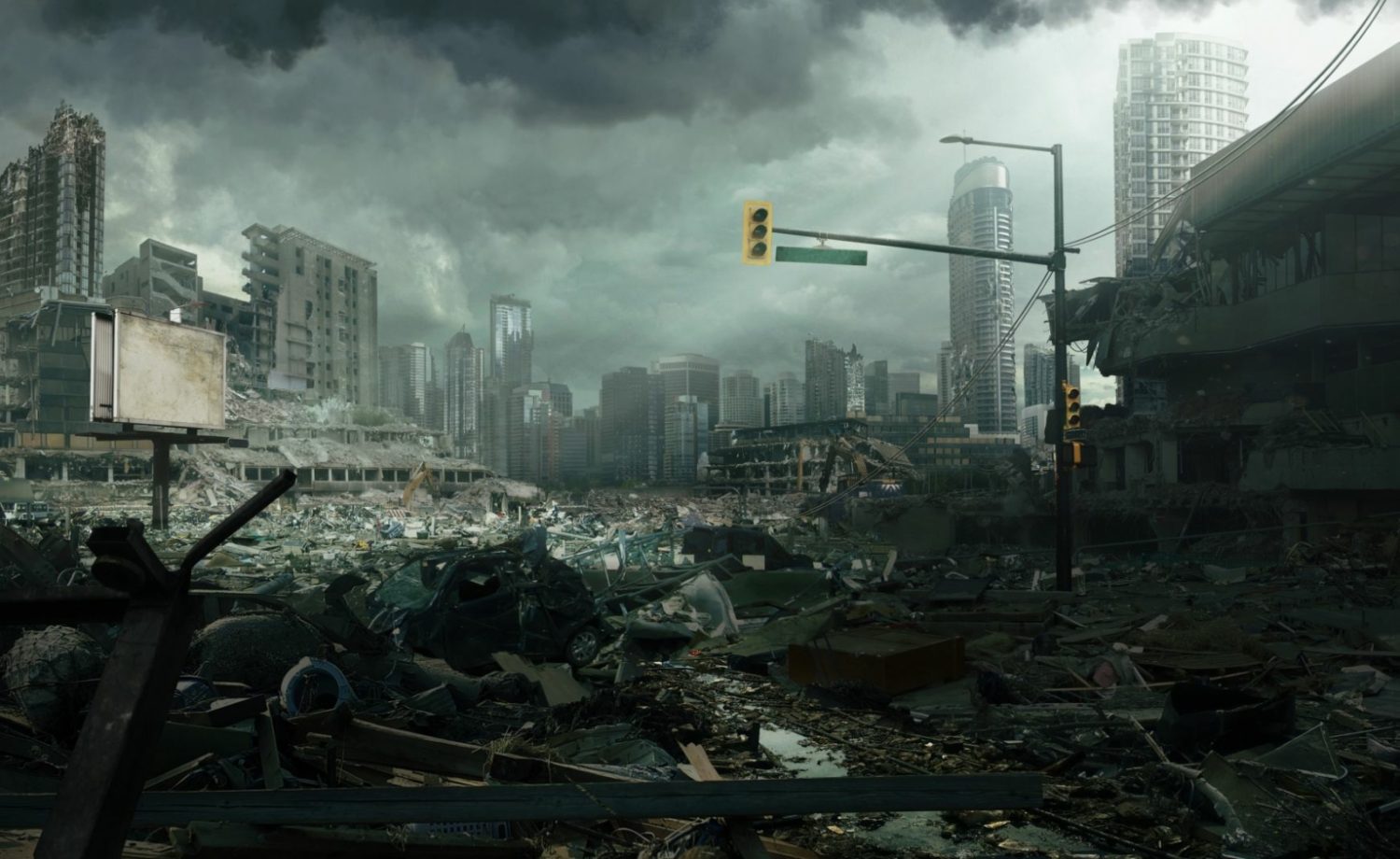Tim Burton has responded to criticism regarding the predominantly white casts in his films, following accusations that the Beetlejuice sequel is ‘racist.’
Known for his distinctive gothic aesthetic, Burton has shaped a unique style in the American film industry, often characterized by dark, eerie visuals.
His biggest box office hits include Alice in Wonderland (2010), Charlie and the Chocolate Factory (2005), Batman (1989), and Planet of the Apes (2001).
Even his animated projects, such as Corpse Bride and Frankenweenie, feature characters with pale, ghostly complexions and sunken faces, adding to his signature style.
Although Burton is hailed as one of the most successful directors globally, celebrated for his distinctive style, he has also faced criticism for the limited representation in his films.

Particularly, Burton has faced ongoing criticism for the lack of Black actors in his work.
This issue has come up multiple times over the years, dating back to mentions as early as 1993.
While Henry Selick directed The Nightmare Before Christmas, Burton conceived and produced the film.
In the years following its release, screenwriter Caroline Thompson, who worked on The Nightmare Before Christmas and other Burton films, discussed their professional fallout on the podcast Script Apart, according to The Independent.
She pointed to creative differences, particularly surrounding the film’s villain, Oogie Boogie, who was voiced by Black actor and singer Ken Page.
Oogie Boogie, a burlap sack filled with bugs and addicted to gambling, serves as the movie’s main antagonist, living on the fringes of Halloween Town and constantly trying to outdo Jack Skellington in scare factor.

On the podcast, Thompson said: “Oogie Boogie is a derogatory term for African Americans in the American South. I begged the powers that be to change something about that character, because of that.”
“I said: this is so ugly and dangerous and antithetical to everything inside me. I did not win that fight… It was a troubling part of the film for me, to be frank.”
She mentioned that she pleaded with Burton to “reconsider” the name of the character, adding, “I think it’s a fun segment of the story as it was executed but it’s a troubling one.”
Selick, however, previously explained that Oogie Boogie was inspired by the Betty Boop cartoon The Old Man of the Mountain. In an interview with The Daily Beast, he admitted that it “didn’t occur” to him that the character could be viewed as “racist.”
Bustle reports that the first time a Black actor was cast in a leading role in one of Burton’s films was in 2016’s Miss Peregrine’s Home for Peculiar Children.
In the fantasy film, Hollywood icon Samuel L. Jackson plays the role of the villain Barron.

When questioned about the lack of diversity in Burton’s previous works, Jackson told Bustle, “I had to go back in my head and go, how many Black characters have been in Tim Burton movies? And I may have been the first, I don’t know, or the most prominent in that particular way, but it happens the way it happens.”
“I don’t think it’s any fault of his or his method of storytelling, it’s just how it’s played out. Tim’s a really great guy.”
Burton also faced criticism following the release of the popular Netflix series Wednesday, in which he directed several episodes.
After the show premiered, social media buzzed with questions regarding why its Black characters were depicted as “bullies.”

In the series, Bianca Barclay (played by Joy Sunday) is portrayed as the academy’s mean girl, while Lucas Walker (Iman Marson) plays a bully and the son of a corrupt mayor.
On X, formerly known as Twitter, one viewer commented, I’m loving the new Wednesday series, but why are all the Black actors lit so terribly?”
Another added: “Why are all the Black characters in Wednesday antagonists? Or did I miss something?”
In the midst of the criticism, some supporters have come to Burton’s defense. One fan pointed out, “The Black girl was also classified as the prettiest most popular girl in the school. A Black girl with NON-Eurocentric features.”
However, Burton’s latest film, Beetlejuice Beetlejuice, is once again under the microscope following its release.

A particular scene from the sequel is being criticized on TikTok, with some viewers labeling it as ‘racist.’
One viewer questioned, “While I was watching the movie, my thoughts were ‘He finally hired a lot of Black actors but why only for this segment of the movie?'”
Another adds: “During those scenes, I felt like it was weirdly disjointed and weirdly shoehorned into the story.”
A third TikToker comments: “I’m not Black but I felt like the scene was kind of racist.”
“When I watched it I said ‘Ohhhhh, okay,'” says someone else.
While a fifth person asks: “Isn’t this kind of racist, or is it just me?”

The controversial scene from Beetlejuice Beetlejuice features Astrid Deetz (played by Jenna Ortega) on the ‘Soul Train’ journey to the Great Beyond – essentially the afterlife.
While the ‘Soul Train’ scene might appear lighthearted, it references the musical variety show Soul Train, which first aired on a Chicago network in 1970.
The show was known for showcasing performances by R&B, soul, and hip-hop artists, celebrating Black American culture through dance and style.
In a 2023 CNN article, Brooklyn White-Grier wrote, “In the middle of the Black Power era and feeding from the civil rights movement, Soul Train provided a fresh opportunity for Black people to see and celebrate themselves. It was the most prominent stage displaying the mingling of sociocultural and political progress – and an imagining of life unencumbered by white supremacy.”
Given Burton’s history of criticism for a lack of representation, some find this ‘Soul Train’ sequence to be inauthentic.
One TikToker commented, “This whole scene felt like Tim Burton saying ‘Here, damn!'”

Amidst the backlash over the ‘Soul Train’ scene, older statements from Burton have resurfaced, where he addressed the lack of diversity in his films.
Asked by Bustle about his work’s diversity, Burton explained, “Nowadays, people are talking about it more,” elaborating that ‘things either call for things, or they don’t.’
He continued: “I remember back when I was a child watching The Brady Bunch and they started to get all politically correct. Like, okay, let’s have an Asian child and a Black. I used to get more offended by that than just… I grew up watching blaxploitation movies, right? And I said that’s great. I didn’t go like, okay, there should be more white people in these movies.”
Despite the criticism of Beetlejuice Beetlejuice, some viewers have defended Burton and praised the ‘Soul Train’ scene. One wrote, “I actually felt a piece of amazing Black culture come from the ‘Soul Train’ scene.”
Agreeing, a second adds: “It’s literally an innocent scene, this is reaching. I thought this was one of the best scenes.”

 💙🤍❤️
💙🤍❤️

